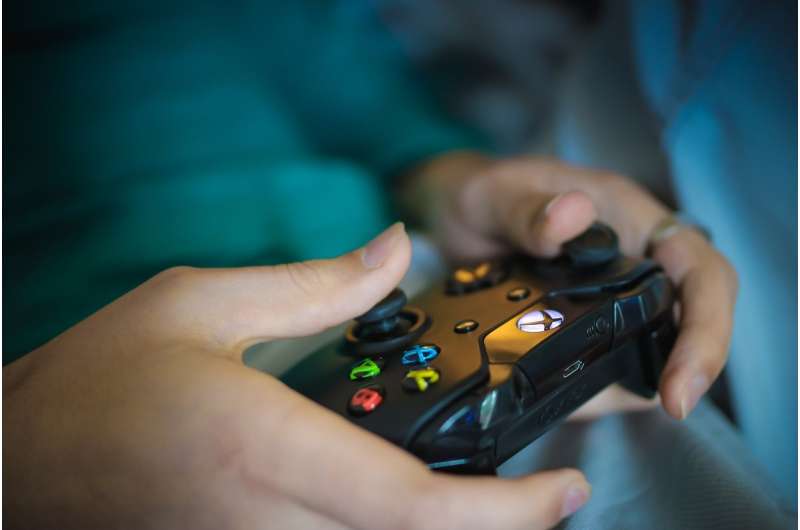Understanding Why Stress Leads to Riskier Decisions

Stress influences decision-making by reducing loss aversion, leading to increased risk-taking behavior. A recent study highlights how stress impacts the brain's decision processes differently in men and women, with implications for managing risk in stressful situations.
Research indicates that feeling stressed can significantly influence decision-making, often leading individuals to make riskier choices. A recent study conducted by researchers at the University of Arkansas revealed that stress reduces "loss aversion," which is the tendency to weigh potential losses more heavily than equivalent gains. When under stress, people tend to be less affected by potential losses, prompting more impulsive and risk-taking behavior.
The study involved 147 participants subjected to stress, who then faced hypothetical financial decisions. The findings showed that stress impacts decision-making processes differently in men and women: men generally become more prone to risky choices, while women tend to maintain better outcome prediction under stress. However, women are typically better at forecasting the results of their decisions compared to men.
Behavioral economists rely on a model called cumulative prospect theory, which explains human decision-making by considering factors like loss aversion, risk attitude, randomness, and probability distortion. Under stress, these factors shift, leading individuals to overweight unlikely outcomes—such as lottery wins—and underweight more probable but less exciting ones.
These insights suggest that in stressful situations, people are more willing to take risks, which may not always be in their best interest. An evolutionary perspective proposes that such behavior might be advantageous in survival scenarios, where acting decisively under threat could be more beneficial than hesitation.
Understanding these behavioral changes under stress can be crucial for managing decision-making in high-stakes environments and for designing interventions that mitigate risky behaviors caused by stress.
Stay Updated with Mia's Feed
Get the latest health & wellness insights delivered straight to your inbox.
Related Articles
Lifelong Support for Autistic Adults: What It Looks Like
Understanding the lifelong nature of autism emphasizes the importance of continuous, adaptable support for autistic adults to promote well-being, independence, and community engagement.
Understanding Military-Related Grief and Supporting Surviving Families
Military families face unique grief challenges, with sudden, often traumatic losses compounded by traditions, ceremonies, and emotional complexities. Learn how to support survivors of military loss effectively.
Research Links Video Game Loot Boxes and Physical Card Packs to Problem Gambling
A new international study finds that spending on video game loot boxes and physical card packs is linked to problem gambling, highlighting the need for updated regulations.



